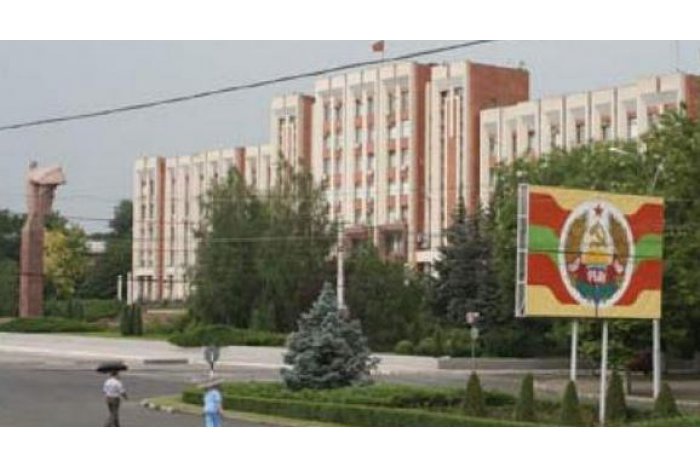Experts forecast new crisis year for Transnistrian region
11:39 | 27.07.2016 Category: Economic
Chisinau, 27 July /MOLDPRES/ – The economic situation in the Transnistrian region continues to worsen. After the region's economy contracted by about 20 percent in 2015, it will continue its decline in 2016 too, anticipated by a 5-6-per cent fall. The estimates were made by Expert Group in the latest issue of „Revista economica regionala: regiunea transnistreană” (Regional economic magazine: Transnistrian region).
The economic recession in 2016 will be triggered by a five-per cent decrease in households' consumption, against a background of a drop in wages and decrease in remittances, decrease in regional administration's consumption due to huge budget deficit, estimated at nearly 15% of PRB (regional domestic product) and 10-12 per cent diminution of capital investment, in conditions of limited access to loans and capital drain from the region, experts said.
According to the authors of the publication, the crisis would be much less dramatic, if the authorities in the region should be better prepared in terms of fiscal, budgetary, monetary and economic fields against such negative shocks. "The economy of the Transnistrian region faced the crisis with very big budget and current account deficits, a narrow tax base due to lack of VAT system and a vast informal sector, high portfolios of bad loans in banks and minimum foreign exchange reserves," said in this context the executive director of Expert-Group, co-author of the report Adrian Lupusor.
Moreover, the economic problems were also hit by the electoral cycle in the region, which triggered internal political conflicts, especially between the "executive" and "legislative" powers, which not only procrastinated the pace of reforms, but also fueled populist policies, with additional major risks for the near future. Keeping the artificial rate of the "Transnistrian ruble" was one of the populist measures which additionally aggravated the economic climate.
The artificial exchange rate caused an acute shortage of currency in the region and hit the competitiveness of the Transnistrian exporters. In addition, the currency black market has expanded, where "Transnistrian ruble" depreciated by up to 50 percent. In turn, this caused an acute deficit of imported products, fueling "food tourism" – people had to go abroad to buy the lacking products.
"Considering the huge account deficit, which equals about the region's GDP, depreciation is inevitable, and the postponement of controlled depreciation could lead to an uncontrolled collapse of the "Transnistrian currency" with serious economic and social consequences," said Alexandru Fala , the co-author of the report.
The report also noted five major risks the Transnistrian economy is going to face in the next 2-3 years. Firstly, undercapitalized banking sector and "intoxicated" with bad loans. Secondly, uncertainty in the energy industry of the region. Thirdly, severe budgetary and structural constraints, caused by an extended and costly administrative apparatus, where nearly 45 percent of all employees of the region are employed in the public sector. And ultimately, population's decline and as a result, reduction in labour force supply.
(Reporter V. Bercu, editor L. Alcaza)

